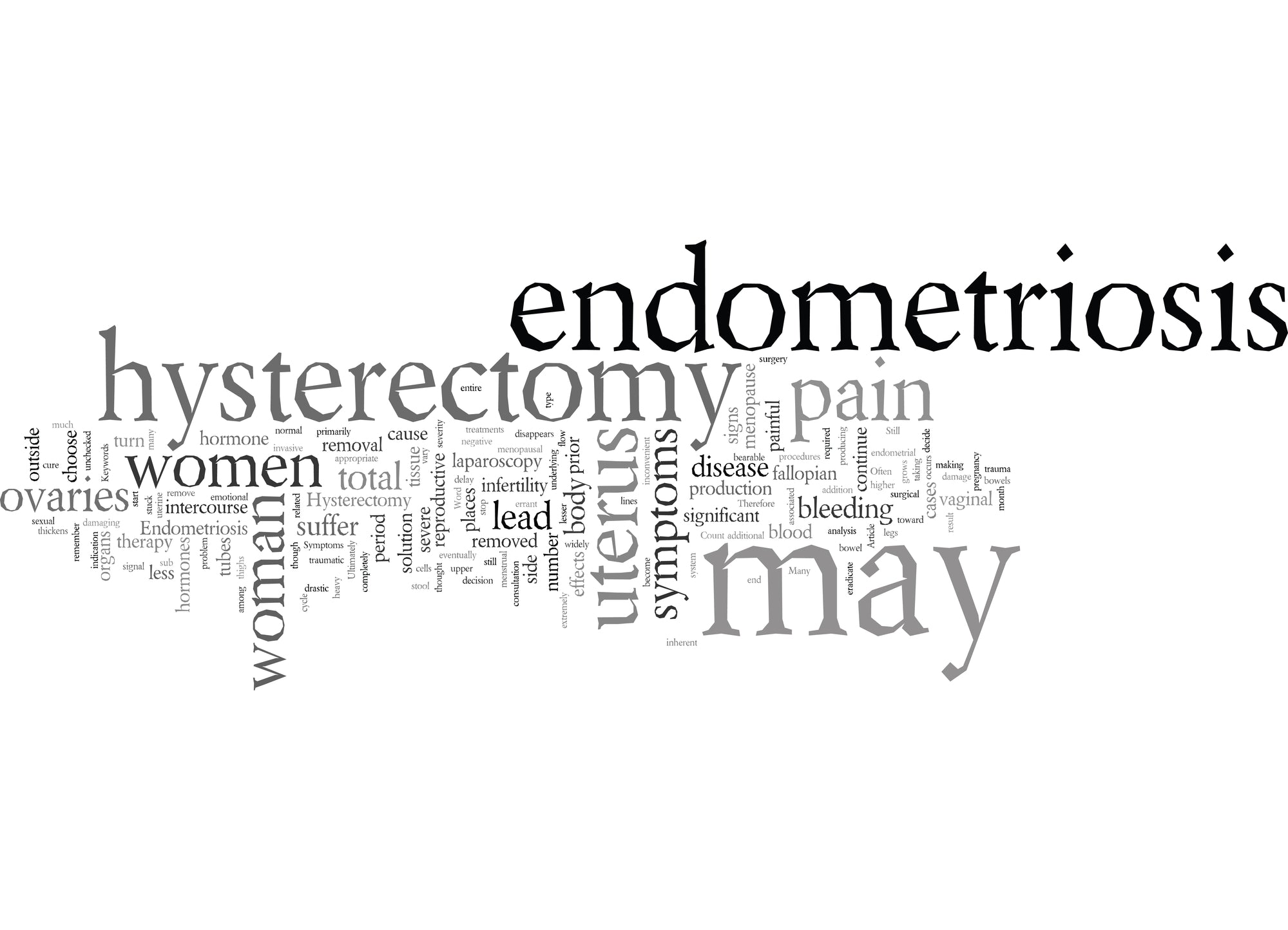Hysterectomies are a standard procedure, often recommended when cancer is present in the reproductive organs, to correct prolapse, endometriosis, or chronic pelvic pain. Depending on the type of hysterectomy you have, you may also have your ovaries removed, a procedure known as an oophorectomy. If both ovaries are removed, that’s called a bilateral oophorectomy, and it means that menopause will begin immediately, regardless of age. If an oophorectomy is in your future, here’s what you can expect.

Recovery
If you have a robotic or laparoscopic oophorectomy, you may leave the hospital the same day you have a procedure. However, an open procedure will mean a more extended hospital stay. Walking around is safe, but exercise will be off the table for a period of time determined by your doctor. A typical recovery period ranges from two to six weeks, and getting enough rest and hydration can help keep your recovery on track.
Medical Benefits and Risks of an Oophorectomy
An oophorectomy may be necessary due to cancer, endometriosis, or other conditions. Elective oophorectomies are sometimes available, in which case you should weigh the benefits and risks with your doctor before making a decision. An oophorectomy can decrease your risk of breast and ovarian cancers, but it can also put you at higher risk for heart disease and osteoporosis. Decreased cognition and sexual function may also occur. Long-term survival rates show that most women will have better health outcomes if they keep their ovaries until age 65 or older.
The Beginning of Menopause
The ovaries are in charge of estrogen and progesterone production, and they protect the eggs and release one each month. Once your ovaries are gone, you will no longer be able to get pregnant (however, you can store your eggs for future use), and you will no longer have menstrual periods. The good news is that this may eliminate your need to take birth control, and you’ll no longer have the monthly inconvenience of a menstrual period.

You should also be aware that menopause begins once your ovaries are removed. Surgical menopause begins after a bilateral oophorectomy, and your hormone production will quickly drop. Your doctor might prescribe you hormone replacement therapy, depending on your health history, to help mitigate the effects of this change. You can expect to feel the effects of menopause, including hot flashes, vaginal dryness, and mood changes. Memory loss and decreased sex drive are common experiences, too. Taking care of your health by exercising, eating a healthy diet, and reducing stress can help manage some of the symptoms of menopause. Many of the menopausal symptoms are temporary and will eventually resolve without outside intervention; however, vaginal dryness typically worsens over time.

How to Feel Like Yourself Again
Depending on your life expectancy, your post-menopausal years can be as much as one-third of your life. Reaching menopause earlier due to surgical menopause means that you’ll have an even longer time as a post-menopausal woman. At Membrasin®, we believe these years should be the best of your life, which means you shouldn’t suffer from symptoms that are treatable. Read the clinical research to find out how our estrogen-free, all-natural supplements help restore your natural vaginal moisture so you can feel like yourself again.





